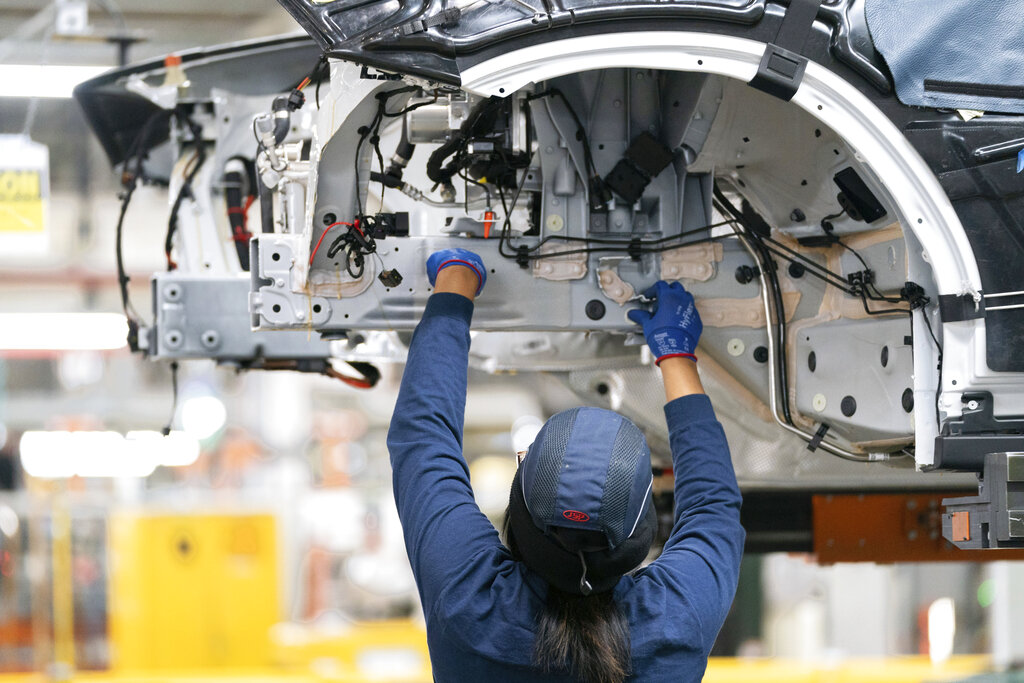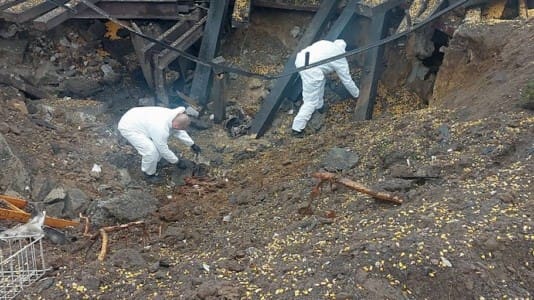Three out of four car manufacturers in Poland are employing Ukrainians, but even more of them are needed. Meanwhile, factories in Czechia and Slovakia, but also now in Germany, are also trying to compete for Ukrainian workers.
The Polish automotive industry is increasingly lacking the workers it needs. Experts say that at least 50 percent of companies in the sector plan to increase employment by 10 percent versus one year ago. This step is required to match production plans. Most companies in the sector are looking for production employees (70 percent), while 7 percent plan to recruit executives.
It will not be easy, as there are fewer candidates than vacancies, and those candidates have high salary expectations. In addition, automotive factories in the countries neighboring Poland are experiencing similar problems; they are thus competing with Polish companies for potential employees, as many Poles already work at Czech and Slovakian plants near the Polish border.
Now, a fierce battle is being waged for Ukrainian workers, among others, by employers from different sectors. Ukrainians have filled vacancies in the automotive industry for a long time, but demand for Ukrainians is increasing due to a number of factors, including an end to the crisis in the semiconductor market, which had slowed automotive production, and stabilizing supply chains. The supply of Ukrainian workers is also tighter because a number of Ukrainian workers in Poland were forced to return to Ukraine following the Russian invasion.
Studies conducted by Exact Systems show that 72 percent of employers in the automotive sector in Poland currently employ Ukrainian workers, 14 percent more than last year. Seventy-six percent of automotive plants in Slovakia employ Ukrainian workers, and the automotive industry is the most important branch of the Slovakian economy. In Czechia, 69 percent of the sector employs Ukrainians.
The demand for these workers will rise even more, as automotive plants in Germany now want to boost recruitment of Ukrainian employees. In the span of just one year, the number of German factories employing Ukrainians increased two-fold, from 15 to 30 percent. German car factories have also increased their production over the last half year, and sales of new cars increased for the third successive month by almost 18 percent.
In the competition between Polish and German companies for Ukrainian workers, Poland is at a disadvantage, especially when it comes to specialists. Also, the Germans want to partially open their labor market to specialists from outside of the EU, including Ukraine.
“While Poland is the first choice for the majority of Ukrainians seeking work and shelter from the war, people with higher education willingly move over the Oder River. Our study shows that more German factories need specialists,” adds Exact Systems Board Member Jacek Opala.
The Turkish automotive industry has even more staffing shortages, with 79 percent of companies planning to increase employment; in Romania this figure is 74 percent, 69 percent in Hungary, 56 percent in the Netherlands, and 39 percent in Portugal.





